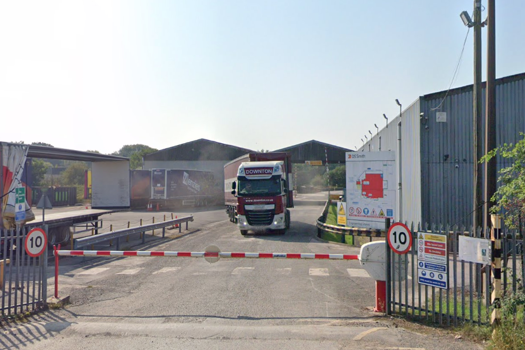BPIF director of corporate and external affairs Cicely Brown said: The Competition Commissions report suggests that firms adherence to the Code was an important factor in their decision to recommend that, among the major supermarkets [Asda, Tesco, Sainsburys], only Morrisons be given the green light to pursue the acquisition.
Suppliers submissions in the 500pp report showed that the Code was ineffective and ignored and that predatory practices continued. Their views were put in to seven common points, including multiple grocery retailers using their buying power to oblige suppliers to reduce prices or accept lower returns. Faced with this power, many suppliers saw no option but to cut costs with trading conditions making it impossible to raise prices.
Further concentration among retailers would exacerbate suppliers problems, with intense buying power and internationalisation of procurement damaging primary production.
Sir John Banham, former director general of the CBI and chairman of food manufacturer Geest, said that Wal-Marts acquisition of Asda had changed the sector. Tactics employed by more marginal retailers to compete with Asdas power included demanding up-front payments to keep existing business and demanding lower prices after agreeing terms.
The Fair Deal Group, which includes the BPIF and GPMU, will reconvene to consider its position. We hope this ruling will tell supermarkets that abuses of supplier power will be recognised and, where possible, penalised, said Brown.
Story by Rachel Barnes






